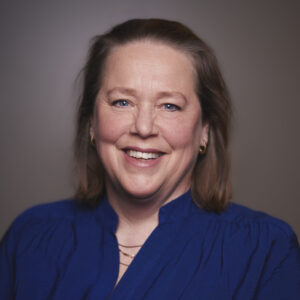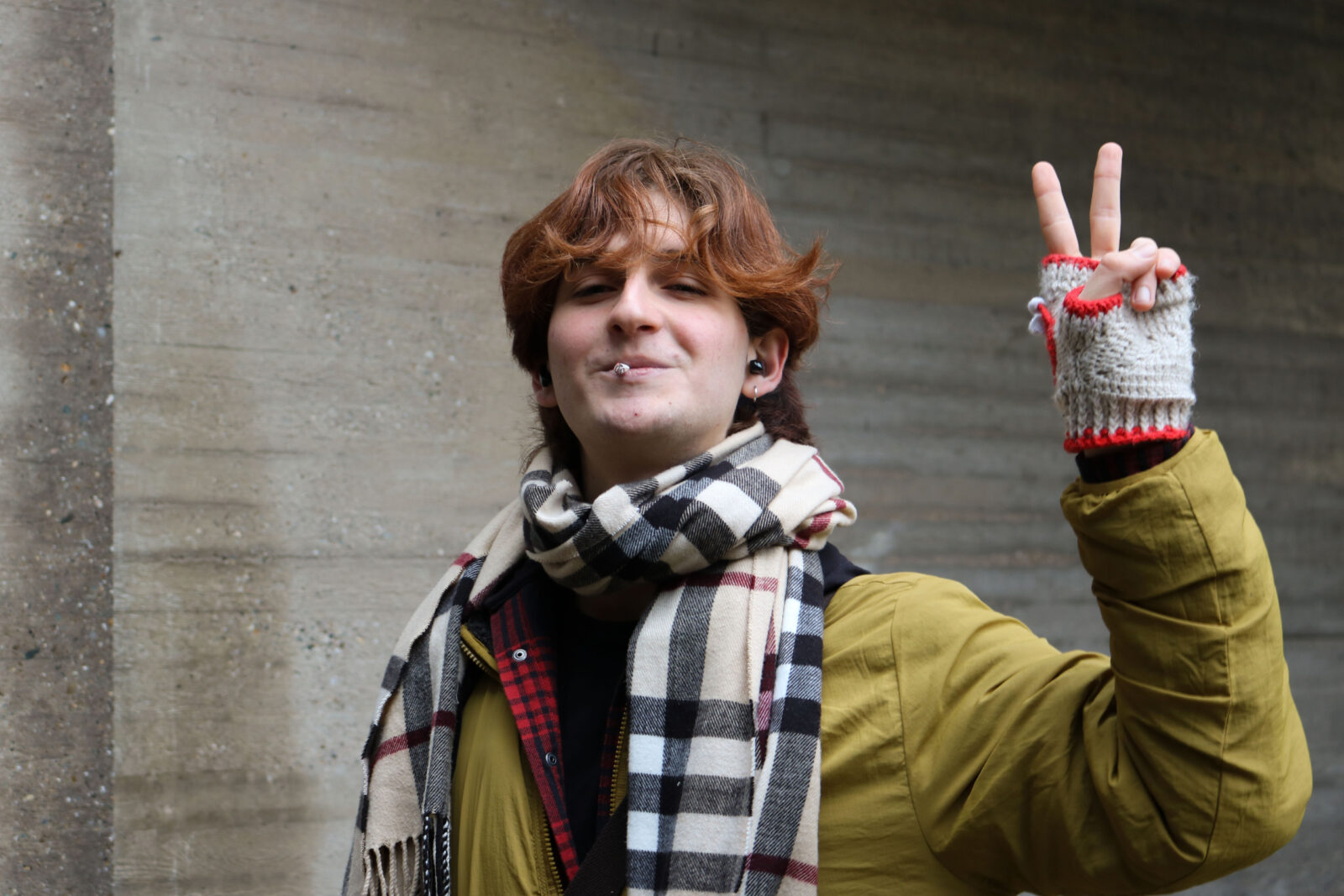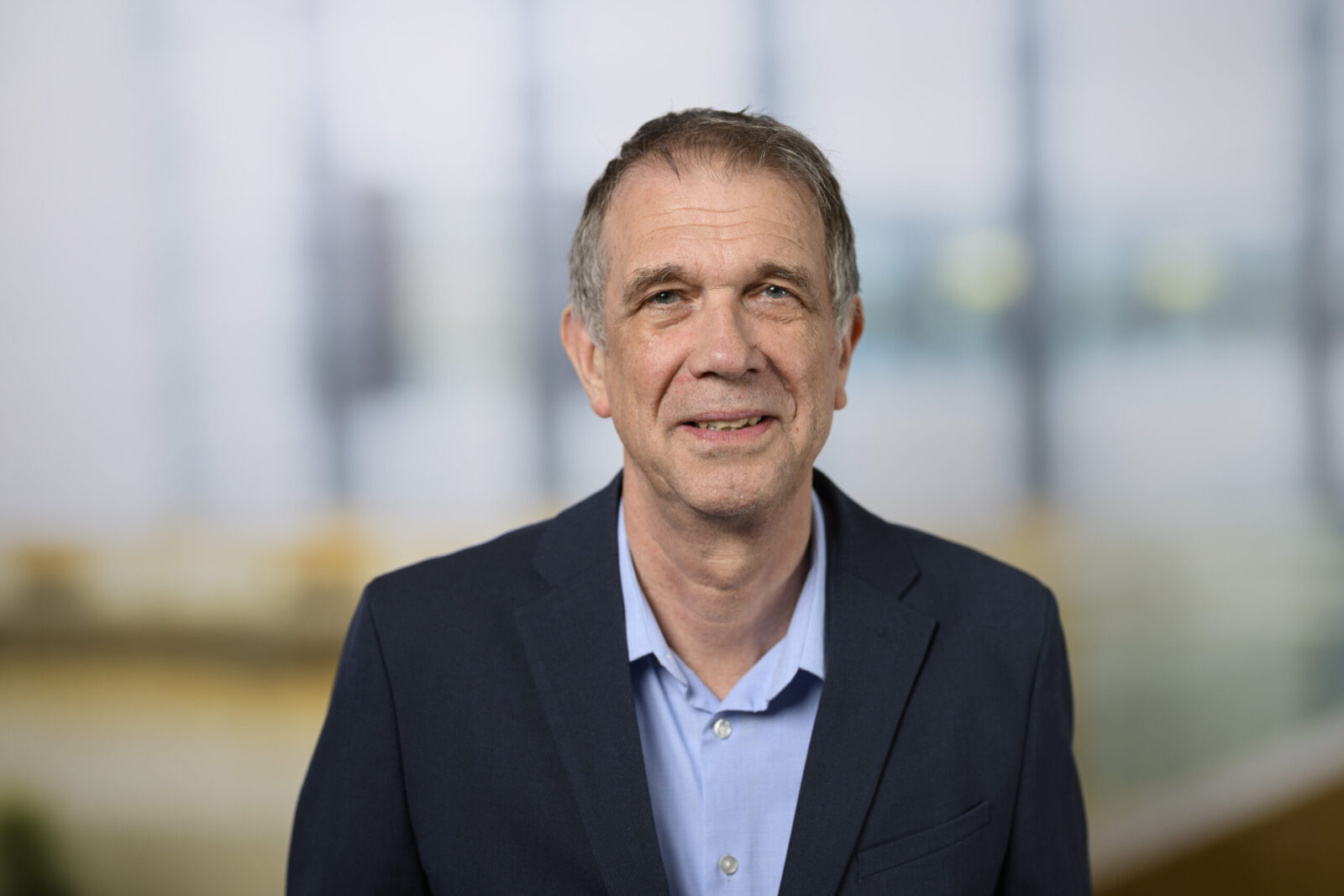Renske Keizer, 34, does everything at a young age
Keizer has worked at ESSB ever since 2010. First, she served as a postdoctoral researcher, after which she rapidly rose to the rank of professor with an endowed Paternity chair at the University of Amsterdam in 2014. On 1 February she became a full-time full professor at EUR.
Among other things, she was appointed to the professorship because of two significant research grants she was awarded last year, an NWO Vidi grant and a so-called ERC Starting Grant awarded by the European Research Council. Prior to that she had also received a Veni grant.

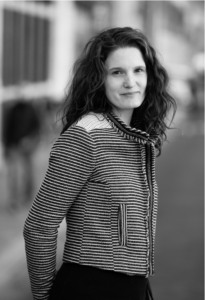
Did you have anything to do with the extension of paternity leave presented by Wouter Koolmees, the Minister for Social Affairs, earlier this week?
“I contributed to the arrangement that has now been presented. I think that’s a nice example of making your research count in real life.
“I had a lunch-time meeting about my views on paternity leave with the then minister, Asscher. I spoke to political parties and gave a presentation at the European Commission on the importance of extending the father’s leave of absence at the time of his child’s birth. In so doing, I particularly emphasised that it is important that the father continues to receive a high percentage of his wages during his absence. It is better to be allowed to take a ten-week leave of absence while receiving 70 percent of your wages than to be allowed to take a twenty-week leave of absence while receiving 20 percent of your wages. This would make it easier for parents on low incomes to decide whether or not to take a leave of absence. As far as I’m concerned, highly educated parents can make their own financial contribution if they wish to enjoy a longer leave of absence.”
More on Renske Keizer
In your capacity as a female professor, do you feel responsible somehow for helping other female scientists have successful careers?
“I think that if you are highly engaged and work hard, you will be able to be accommodated. But you do need support from other people. I myself benefited a great deal from Pearl Dykstra (a Professor of Empirical Sociology – ed.), my PhD supervisor and colleague. I myself now also try to encourage female researchers and to advise them on their career choices. It’s great that I’m now in a position where I can create opportunities, just like Pearl did for me. For instance, I can give people some tips on how to ‘sell’ themselves in a Veni or Vidi grant interview.”
You are only 34, which is quite young for a full professor. Is there anything left to aim for?
“’This will be for the rest of your life,’ one of the members of the appointments committee told me. That’s a weird idea. I do everything at a young age, though. I went to uni at age seventeen, got my degree at age 21 and had my first child at age 24. I now have three children, aged four, six and nine. The good thing about this is that in a dozen years or so they will all have left the family home, so that I will be able to work abroad, or something like that.
“Now that I’m a full professor, the nature of my work is changing, as well. I’ve noticed that I’m now getting invited to join all sorts of committees and other things, and I’m enjoying that and finding it instructive. In addition, I’m now doing less of the field work myself and am delegating more duties to others. Managing a research team is a completely new experience to me, so I’m nowhere near done learning new things myself.”
Renske Keizer seeks to use the chair to which she has been appointed to increase our understanding of the role played by the family in the emergence and continued existence of social inequality. Keizer uses insights derived from sociology, educational sciences and developmental psychology to examine the role played by the family in the emergence and continued existence of social inequality. She not only considers the influence exerted by individual family members, but also the effect of national legislation and policy in the role played by the family. In 2016, she was selected as one of the top-25 most talented young academics at all Dutch and Flemish universities.
De redactie
-
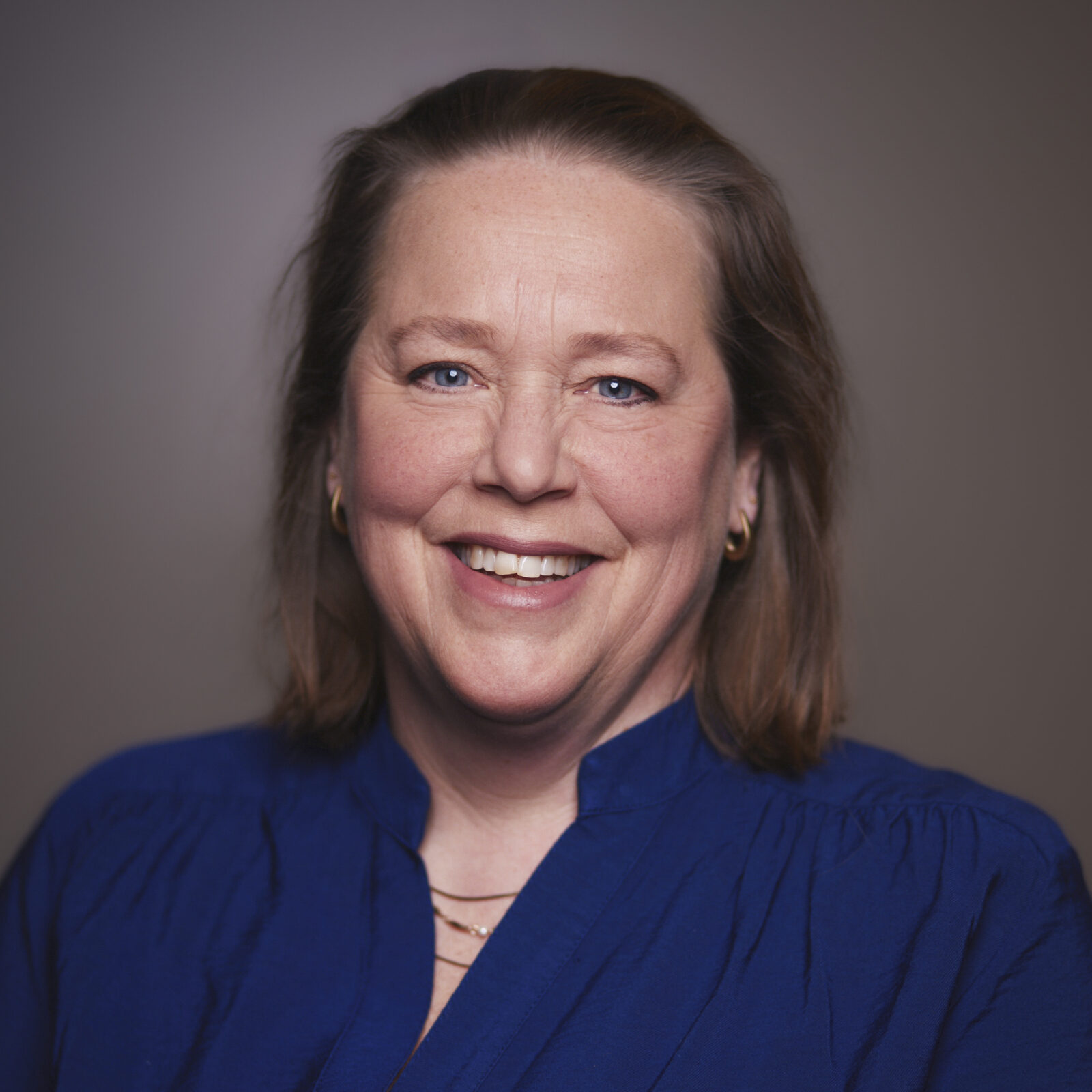 Wieneke Gunneweg
Wieneke GunnewegEditor-in-chief
Latest news
-

University calls on people to remind smokers, security guards don’t send smokers off campus
Gepubliceerd op:-
Campus
-
-
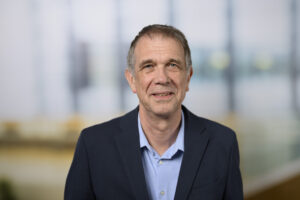
What do the new European housing plans mean for students?
Gepubliceerd op:-
Campus
-
-

Makeover for Erasmus Magazine: new and more accessible website is live
Gepubliceerd op:-
Campus
-
Comments
Comments are closed.
Read more in campus
-

University calls on people to remind smokers, security guards don’t send smokers off campus
Gepubliceerd op:-
Campus
-
-

What do the new European housing plans mean for students?
Gepubliceerd op:-
Campus
-
-

Makeover for Erasmus Magazine: new and more accessible website is live
Gepubliceerd op:-
Campus
-
